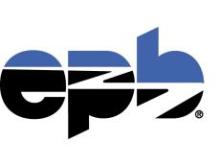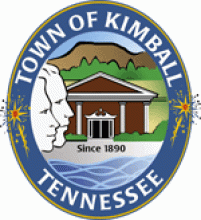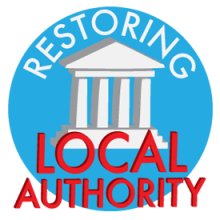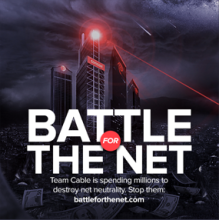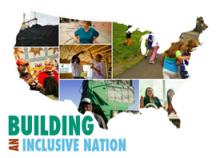Local Businesses Suffer in Tennessee as State Prevents Chattanooga Expansion
As our readers know, the FCC is currently considering petitions submitted by Chattanooga and Wilson, North Carolina. Both communities want the ability to expand their ability to offer advanced telecommunications services, contrary to existing state anti-muni laws. As we glance through the comments, we notice that ISPs, advocacy groups, and local governments are not the only commenters with a vested interest in the outcome.
There are also compelling stories from individuals, local businesses, and organizations that are looking for better options. In some cases they have one provider but are unhappy with the service so support municipal network expansion. In other cases, they have dial-up (or no service at all) and are maddeningly close to an EPB or Greenlight connection but state restrictions forbid service to them.
We recently spoke with Joyce Coltrin, owner of J & J Nursery located on the edge of Cleveland, Tennessee, in Bradley County. She is about 32 miles from the heart of Chattanooga but only 3/8 mile from the edge of the EPB fiber optic service area. Her only choice for Internet at her nursery is AT&T dial-up. Joyce tells us:
"I could walk right to it - it is the closest provider and we don't have any broadband access!"
Joyce submitted comments early in the proceedings. She choose to send her comments via snail mail because her email is so unreliable.
For the past 15 years, Joyce and other people in her community have requested better service from AT&T. They were told repeatedly it would be 3 months, 6 months, 9 months until they would get upgrades but it never happened. They finally decided to look for connectivity elsewhere. Joyce and her neighbors approached their electric provider, Volunteer Energy Cooperative, in the hopes that they could work with EPB to bring services to the area. Volunteer and EPB had already discussed the possibility, but when the state law was passed that prevented EPB from expanding, the efforts to collaborate cooled.


